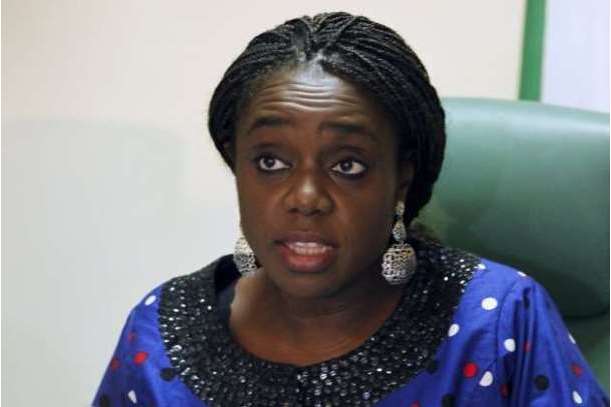Latest News
Nigeria’s foreign capital imports drop by 41% to $908.27 million

News Highlight
On a year-on-year basis, the value of capital imported in Q1 2017 rose by 21.75 percent compared to Q1 2016.
The National Bureau of Statistics has reported that the total value of Nigeria’s capital imports fell to $908.27 million in the first quarter of 2017, representing a 41.36 percent decline compared to $1.55 billion recorded in the fourth quarter of 2016.
On a year-on-year basis, however, the value of capital imported in Q1 2017 was 21.75 percent higher than the N710.97 million posted in the first quarter of 2016.
The NBS said the main driver of the quarterly decline in capital imports was a sharp fall in “other investment”, which includes loans, currency deposits, and other claims. This category of capital importation fell 58 percent to $383.28 million from $920.03 million in Q4 2016.
Foreign direct investment (FDI) – in form of equity and other capital – was also a leading contributor to the decline in capital importation during the period under review. FDI fell 39 percent to $211.38 million in Q1 2017 compared to $344.63 million in the previous quarter.
“The fall in FDI comes after four consecutive quarters of increase, and the fall in Other Investment follows three consecutive quarters of increase,” the NBS said. “However, the data is volatile and therefore the dip in Q1 may not be sustained.”
Portfolio investment – which includes equities, bonds, and money market instruments – was the only category to record an increase in Q1 2017 relative to the previous quarter. It rose 10.34 percent to $313.61 million from $284.22 million in Q4 2016.
“This was the only category to record both year-on-year and quarterly increases, and it was the first year on year increase since the third quarter of 2014,” the statistics agency said. “This was possibly related to recent successes in stabilizing the naira: during the quarter the naira halted its continual decline, although it remains to be seen if this lasts.”
The servicing and telecommunications sectors were the largest recipients of imported capital, accounting for $146.05 (16.08 percent) and $145.78 (16.05 percent), respectively, of total imported capital. The banking and oil and gas sectors were the third and fourth largest importing sectors, accounting for $126 million (13.87 percent) and $101.08 million (11.13 percent), respectively.
Lagos State remained the largest capital importing state, accounting for $865.76 million (95.32 percent) of total capital importation. Akwa Ibom and Abuja recorded the second and third largest amounts of imported capital, accounting for $18.36 million (0.02 percent) and $14.87 million (0.016 percent), respectively.
Nigeria imported most of its capital from the United Kingdom (33.3 percent), followed by the United States (23.74 percent), Singapore (8.09 percent), and Mauritius (7.86 percent).
Related News
Latest Blogs
- What Ould Tah’s tenure at BADEA reveals about his AfDB candidacy
- Implementation strategy crucial for the success of 12-4 education policy
- A senator’s suspension threatens the right of representation
- Tinubu’s promising revolution in infrastructure development
- Has Tinubu’s economic reform started working?
Most Popular News
- Artificial intelligence can help to reduce youth unemployment in Africa – ...
- Nigeria records $6.83 billion balance of payments surplus in 2024
- Tinubu appoints new Board Chair, Group CEO for NNPC Limited
- Tariffs stir inflation fears in US but offer targeted industry gains ...
- Soaring civil unrest worries companies and insurers, says Allianz
- CBN net reserve hits $23.1 billion, the highest in three years









